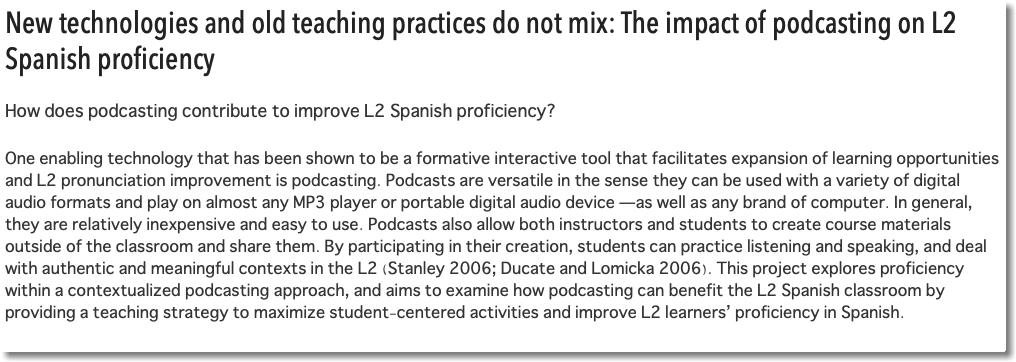








© J. Sánchez-Naranjo, 2017. All Rights Reserved.
Assistant Professor, T.S., of Spanish Applied Linguistics & Language Pedagogy
University of Toronto
Department of Spanish & Portuguese
91 Charles St. W. Room 208
Victoria College
Toronto, ON M5S 1K7
Phone: (416) 813-4080
